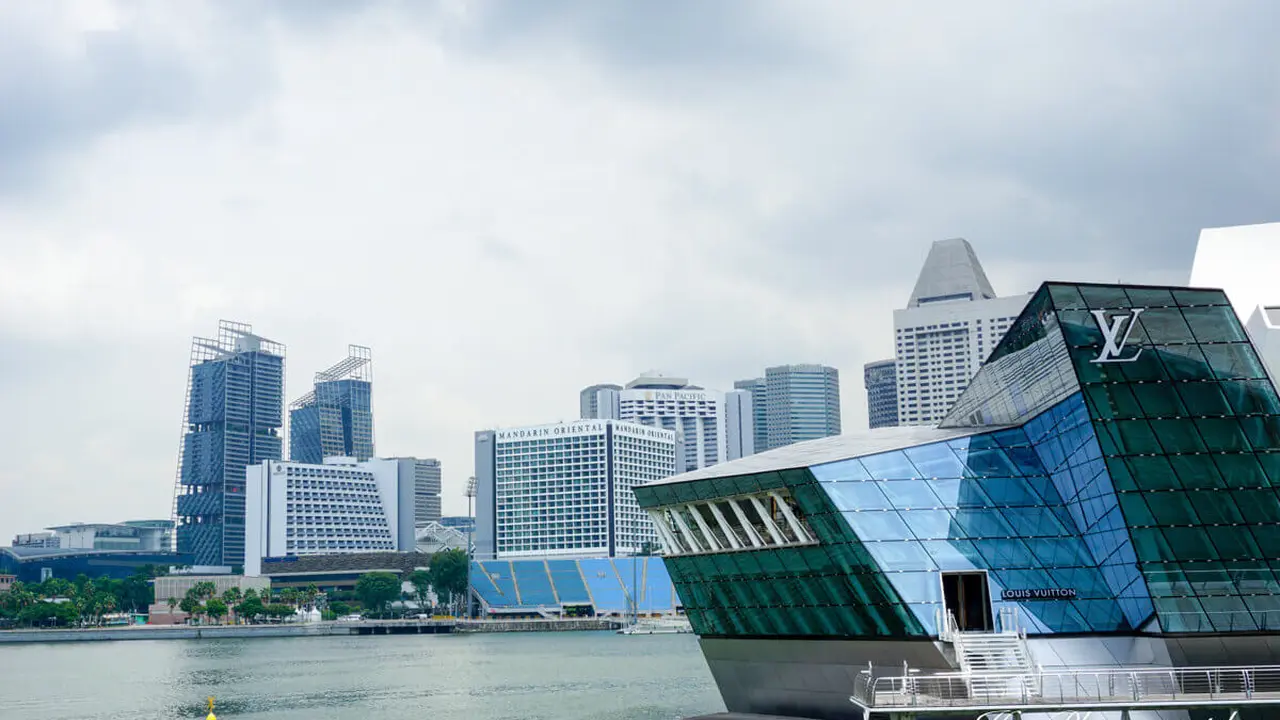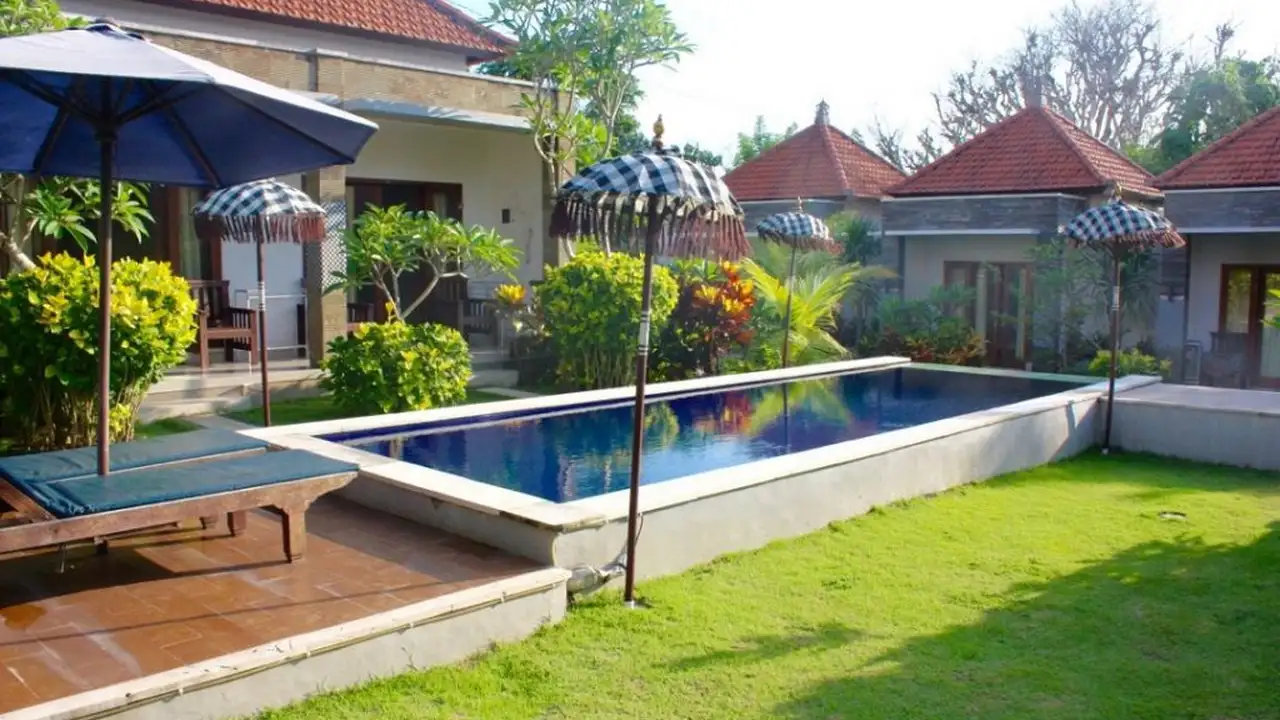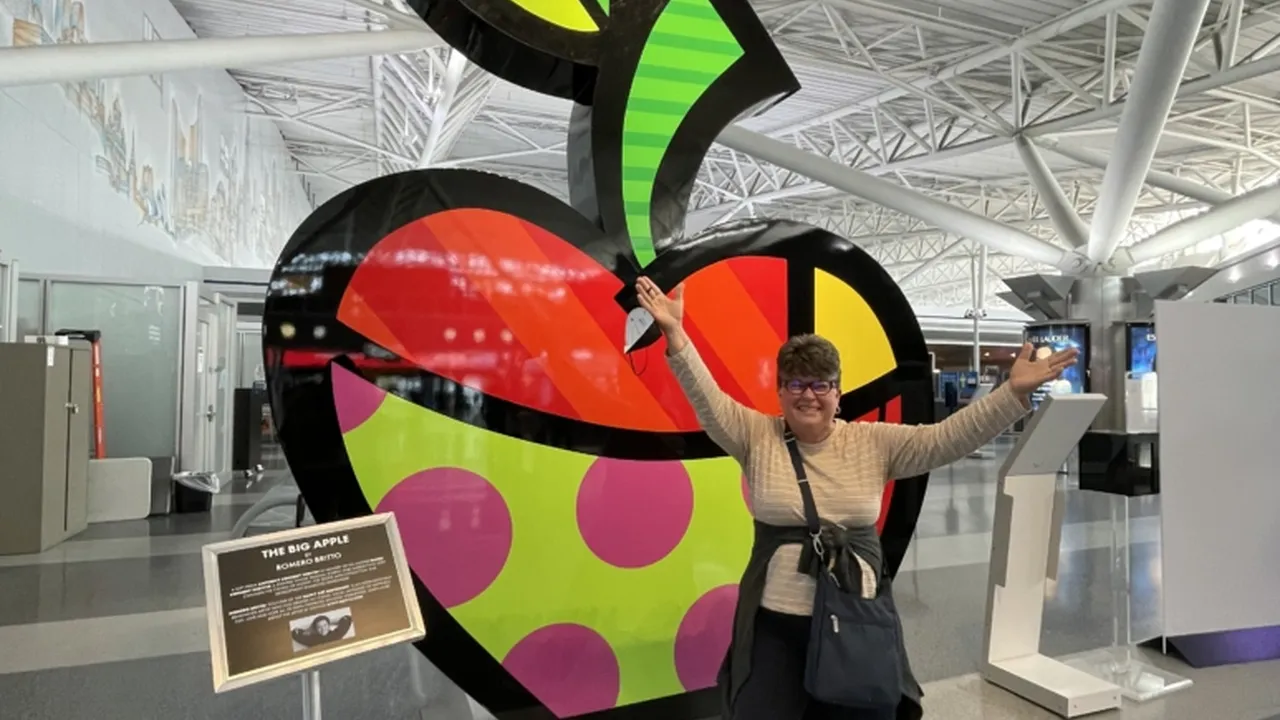Pre-Trip Checklist Solo Travel Readiness
Complete a pre-trip checklist to ensure you are ready for your solo adventure. This guide includes essential tasks such as vaccinations, insurance, and document copies. Travel with confidence and peace of mind.

Essential Documents Passport Visa Copies
Okay, so you’re about to embark on your epic solo adventure! Super exciting, right? But before you get carried away dreaming of stunning sunsets and delicious street food, let's talk about the boring (but crucial) stuff: your pre-trip checklist. Think of this as your travel insurance, but for your sanity. We’re talking about making sure you’re *actually* ready to go, from your passport to those emergency copies you hope you’ll never need.
First up, the obvious one: your passport. Make sure it's valid for at least six months *after* your intended return date. Many countries won't even let you in if your passport is expiring soon. Double-check the issue and expiry dates. Also, take a clear photo of your passport’s information page (the one with your picture) and email it to yourself and a trusted friend or family member. This is a lifesaver if your passport gets lost or stolen.
Next, visas. Depending on your nationality and where you’re going, you might need a visa. Don’t assume you don’t need one! Head to the official website of the embassy or consulate of the country you’re visiting. They’ll have all the info you need. Apply well in advance, as visa processing can take weeks or even months. A fantastic resource is VisaHQ.com. It allows you to input your nationality and destination to quickly determine visa requirements. It’s a great starting point.
And speaking of copies, make copies of everything important: your passport, visa (if applicable), driver's license, travel insurance policy, flight tickets, hotel confirmations, and any other important documents. Keep one set of copies in your carry-on bag, another set in your checked luggage, and a digital copy saved in a cloud storage service like Google Drive or Dropbox. Redundancy is key!
Health Vaccinations Travel Insurance First Aid Kit
Alright, let’s talk about your health. Nobody wants to get sick on vacation, especially when you’re solo. Start by visiting your doctor or a travel clinic at least 6-8 weeks before your trip. They can advise you on any necessary vaccinations and malaria prevention. Websites like the CDC (Centers for Disease Control and Prevention) and the WHO (World Health Organization) are also great resources for checking recommended vaccinations for your destination. Don't skip this step! Some vaccines require multiple doses spread out over several weeks.
Now, travel insurance. This is non-negotiable. Seriously, don't even think about skipping it. Look for a policy that covers medical expenses, trip cancellation, lost or stolen luggage, and emergency evacuation. Read the fine print carefully to understand what is and isn't covered. Consider policies from World Nomads or Allianz Travel Insurance. World Nomads is popular for adventure travelers, while Allianz offers comprehensive coverage for a wider range of situations. Prices vary depending on your age, destination, trip length, and coverage level. Expect to pay anywhere from $50 to $200 for a typical trip.
Finally, pack a basic first-aid kit. Include essentials like pain relievers (ibuprofen or acetaminophen), bandages, antiseptic wipes, motion sickness medication, diarrhea medication (like Imodium), allergy medication (antihistamines), and any prescription medications you take regularly. A small tube of antibiotic ointment can also be a lifesaver for minor cuts and scrapes. Don't forget sunscreen and insect repellent, especially if you're heading to a tropical destination.
Financial Matters Notify Bank Currency Exchange Credit Cards
Money matters! Before you leave, notify your bank and credit card companies of your travel plans. This will prevent them from flagging your transactions as suspicious and freezing your accounts. Give them the dates you'll be traveling and the countries you'll be visiting.
Think about how you’ll access cash while you’re abroad. Exchanging some currency before you leave is a good idea, so you have some local money when you arrive. However, avoid exchanging large amounts of money at the airport, as the exchange rates are usually terrible. A better option is to use your debit card to withdraw cash from ATMs in your destination country. Check with your bank about international transaction fees. Some banks offer cards with no foreign transaction fees, which can save you a significant amount of money.
Credit cards are also useful for larger purchases, but again, be mindful of foreign transaction fees. Look for credit cards with no foreign transaction fees, such as the Capital One Venture Rewards card or the Chase Sapphire Preferred card. These cards also often offer travel rewards and other benefits. Remember to keep your credit cards safe and be aware of potential scams. Never let your credit card out of your sight, and always cover the keypad when entering your PIN.
Communication Local SIM Card International Roaming Apps
Staying connected is important, especially when you're traveling solo. Consider purchasing a local SIM card when you arrive at your destination. This will give you access to local mobile data and allow you to make calls and send texts at local rates. Local SIM cards are usually much cheaper than international roaming plans.
If you prefer to use your existing phone number, check with your mobile carrier about international roaming options. Many carriers offer international data packages or pay-as-you-go roaming rates. However, be aware that roaming charges can be very expensive, so it’s important to understand the costs before you go.
There are also several apps that can help you stay connected without using a SIM card or roaming plan. WhatsApp, Skype, and Viber allow you to make calls and send messages over Wi-Fi. Google Translate can also be a lifesaver for communicating with locals who don't speak your language. Download these apps before you leave and familiarize yourself with how they work.
Accommodation Bookings Confirmation Safety Measures
Have you booked your accommodation for at least the first few nights of your trip? It’s always a good idea to have a place to go when you arrive, especially if you’re arriving late at night or in an unfamiliar city. Print out or save electronic copies of your hotel or hostel confirmations. Include the address, phone number, and any special instructions.
Before you book, read reviews from other travelers. Pay attention to comments about safety, cleanliness, and location. Consider staying in hostels, guesthouses, or Airbnb apartments in safe and well-lit neighborhoods. When you arrive at your accommodation, take a few minutes to familiarize yourself with the surroundings. Locate the emergency exits and fire extinguishers. Lock your valuables in a safe or locker when you’re not in your room.
Also, let someone know where you're staying. Share your itinerary with a friend or family member and check in with them regularly. This way, if something happens, they'll know where to start looking for you.
Transportation Airport Transfers Local Transport Options
Plan your transportation from the airport to your accommodation in advance. Research different options, such as airport shuttles, taxis, or public transportation. Consider booking an airport transfer in advance, especially if you're arriving late at night or in an unfamiliar city. This can save you time and hassle and ensure that you arrive safely at your destination.
Once you’re settled in, research local transportation options. Learn how to use the public transportation system, such as buses, trains, or subways. Download transportation apps that provide real-time information and allow you to purchase tickets online. If you plan to rent a car, make sure you have a valid driver's license and international driving permit. Be aware of local traffic laws and driving conditions.
When using taxis or ride-sharing services, be sure to use reputable companies and avoid getting into unmarked vehicles. Share your ride details with a friend or family member and let the driver know that you’re doing so. Always be aware of your surroundings and trust your instincts.
Emergency Contacts Local Embassy Important Numbers
Create a list of emergency contacts and keep it with you at all times. Include the phone numbers of your family members, friends, and your country's embassy or consulate in your destination country. Also, include the local emergency numbers, such as the police, fire department, and ambulance. Save these numbers in your phone and write them down on a piece of paper in case your phone gets lost or stolen.
Before you leave, familiarize yourself with the location of your country's embassy or consulate in your destination country. Know how to contact them in case of an emergency. They can provide assistance with lost or stolen passports, medical emergencies, and legal issues.
It’s also a good idea to register your trip with your country's embassy or consulate. This will allow them to contact you in case of a natural disaster, political unrest, or other emergency situations.
Essential Gear Travel Adapter Portable Charger Daypack
Make sure you have all the essential gear you need for your trip. This includes a travel adapter, a portable charger, and a comfortable daypack. A travel adapter is essential for charging your electronic devices in countries with different electrical outlets. A portable charger will keep your phone and other devices powered up when you're on the go. A comfortable daypack will allow you to carry your essentials, such as water, sunscreen, and a map, while you're exploring your destination.
Consider investing in a high-quality travel adapter, such as the EPICKA Universal Travel Adapter. This adapter works in over 150 countries and has multiple USB ports for charging multiple devices at once. It also has built-in surge protection to protect your devices from power surges. The EPICKA Universal Travel Adapter typically costs around $30.
For a portable charger, consider the Anker PowerCore 10000. This charger is small and lightweight but can charge your phone several times. It also has fast-charging technology, so you can quickly recharge your devices. The Anker PowerCore 10000 typically costs around $25.
A good daypack is essential for carrying your essentials while you're exploring your destination. Look for a daypack that is comfortable, durable, and has enough storage space for your needs. The Osprey Daylite is a popular choice for travelers. It’s lightweight, comfortable, and has a variety of pockets for organizing your gear. The Osprey Daylite typically costs around $50.
Mental Preparation Managing Expectations Solo Travel Mindset
Finally, prepare yourself mentally for your solo adventure. Solo travel can be challenging, but it can also be incredibly rewarding. Manage your expectations and be prepared for unexpected situations. Embrace the challenges and learn from your experiences. Remember that it’s okay to feel lonely or homesick sometimes. Reach out to friends and family for support when you need it.
Cultivate a positive mindset and focus on the benefits of solo travel. Enjoy the freedom and independence of exploring the world on your own. Be open to meeting new people and trying new things. Trust your instincts and be confident in your ability to handle any situation that comes your way.
Remember that solo travel is a journey of self-discovery. Embrace the opportunity to learn more about yourself and the world around you. Be patient, be flexible, and most importantly, have fun!
:max_bytes(150000):strip_icc()/277019-baked-pork-chops-with-cream-of-mushroom-soup-DDMFS-beauty-4x3-BG-7505-5762b731cf30447d9cbbbbbf387beafa.jpg)






